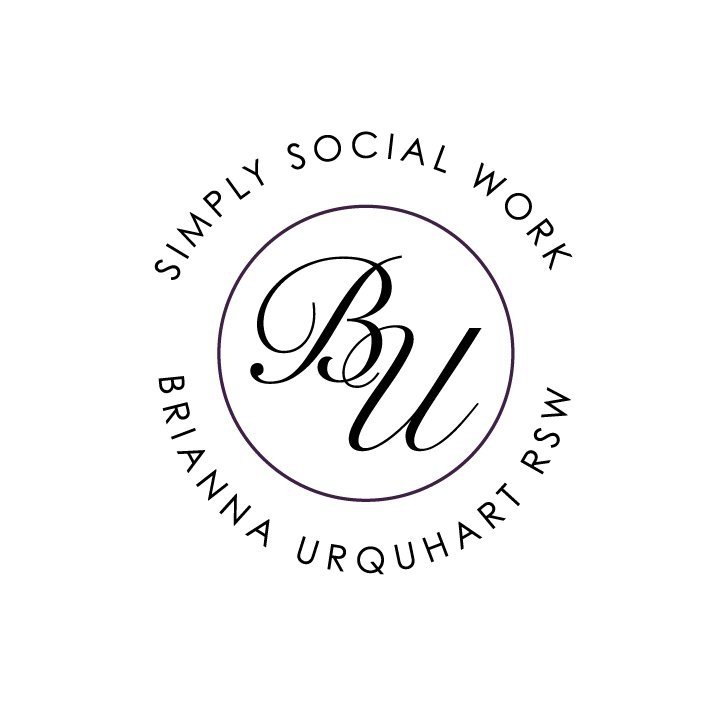Why I Don’t Set New Year’s Resolutions
It’s that time of year! The ball dropped, the calendar has changed over, and many people are engaging in a time-old tradition: setting New Year’s Resolutions.
A new year can be a great time to reflect and take stock. What went well for you last year, and what helped make that happen? What worked? What didn’t? What was hard for you this year? Why did that happen, how did it happen, and what did you learn from it? These are all important and natural questions to be considering, and the next step that many take is also logical: setting goals for this New Year in order to improve and grow.
Goals I’m a fan of. Wanting to grow and improve is admirable. It’s important. But the way we treat New Year’s Resolutions … not so much. That’s why I stopped setting New Year’s Resolutions back in 2021, and I’ve noticed a huge difference in the way I approach my goals (and my wellbeing overall). My motivation has been more consistent throughout the year. I’ve been able to give myself grace when something doesn’t work out the way I hoped. I’ve been able to react better to life’s curveballs and adjust my expectations of myself based on my life, my environment, and my current circumstances.
Resolutions are all-too-often large, unrealistic, drastic changes that you want to make to yourself. This usually involves radically changing your routine, mindset, values, or context seemingly overnight – meanwhile, the only thing that has changed is the date. That’s it. Just the month and the number at the end of our calendars. So why, then, are we suddenly supposed to drop our “bad habits” and become this “better” person? How is that supposed to happen? It just isn’t realistic, or even fair to demand of ourselves.
The way we word resolutions are problematic, too. They’re often vague, grand ideas like “I’m going to lose weight”, “I’m going to be more social”, “I’m going to travel”, or “I’m going to be healthier.” What do any of these even mean? There are no specifics to help you understand exactly what it is you want to do more or less of, and they don’t provide any kind of framework to tell you how you are going to achieve them. They are impossible to accurately and consistently measure, which means you will probably just feel disappointed at not achieving some mythical “result” or end-goal.
Each of the examples I just gave can be turned into goals. To do this, I recommend using something like the SMART Goals method, which you can learn more about in last year’s blog post about realistic goal-setting. But it’s important to be very honest and take a critical look at not just what you want to change, but how your life currently is organized and how you have been approaching these areas so far. We don’t live in isolation, so considering how your family, community, and other systems impact you is important to recognize while you’re thinking about these goals.
Some things you’ll need to take into account when choosing your goals are:
What supports do I have?
What resources do I have? What would I need to help me achieve this?
What barriers am I/have I been facing?
Why do I want to do this (AKA: is this truly important to me?)
The last change I made in my departure from New Year’s Resolutions is to break my goals down into yearly and monthly goals. This allows me to check in each month to see how I’m doing, if my goals are still authentic to my needs and lifestyle, and acknowledge my accomplishments. Checking off these smaller monthly goals also keeps my motivation rejuvenated, as I am constantly seeing what I am capable of!


